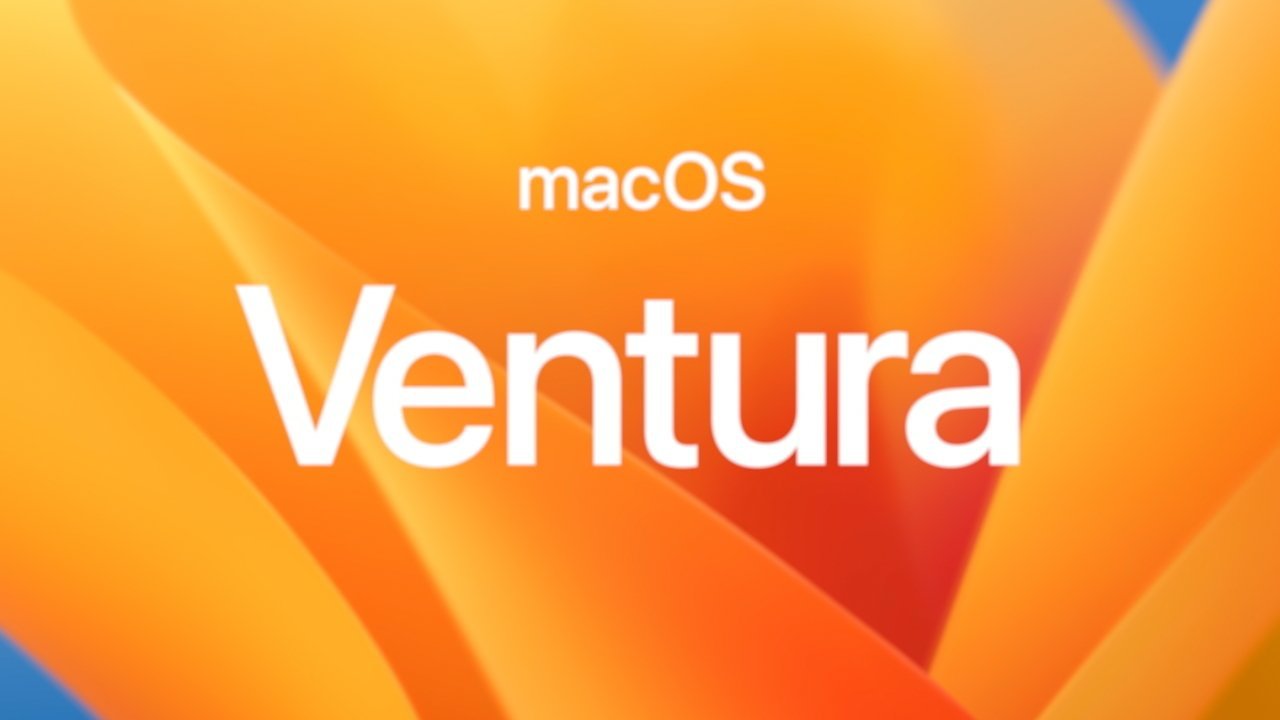Apple releases macOS Ventura 13.2 with security key support
The new macOS Ventura 13.2 is now rolling out to users, with improved security features including rapid response updates.

Following the usual multiple beta test releases, macOS 13.2 is now available, and will come pre-installed on all new Macs.
This release is chiefly concerned with beginning the implementation of new security features that Apple has announced it will continue introducing over the next few months.
Consequently, macOS 13.2 features support for using a physical security key with two-factor authentication. On signing in with an Apple ID, users get the option to require a physical hardware key to verify their identity.
Apple's latest update also brings Rapid Security Response to the Mac.
Now available across Mac, iPhone, and iPad, Rapid Response means that security updates can be made to a Mac urgently. Rather than being included in a regular software update, a security patch can be applied
Added in iOS 16, iPadOS 16.1, and now macOS Ventura, Apple uses Rapid Security Response to issue urgent security patches to users quickly. It's separate from the regular software updates, and gets applied automatically on restart.
Read on AppleInsider

Following the usual multiple beta test releases, macOS 13.2 is now available, and will come pre-installed on all new Macs.
This release is chiefly concerned with beginning the implementation of new security features that Apple has announced it will continue introducing over the next few months.
Consequently, macOS 13.2 features support for using a physical security key with two-factor authentication. On signing in with an Apple ID, users get the option to require a physical hardware key to verify their identity.
Apple's latest update also brings Rapid Security Response to the Mac.
Now available across Mac, iPhone, and iPad, Rapid Response means that security updates can be made to a Mac urgently. Rather than being included in a regular software update, a security patch can be applied
Added in iOS 16, iPadOS 16.1, and now macOS Ventura, Apple uses Rapid Security Response to issue urgent security patches to users quickly. It's separate from the regular software updates, and gets applied automatically on restart.
Read on AppleInsider

Comments
The same goes for printers. On Windows, printer drivers have got so bloated that they make some video driver packages seem svelte like by comparison. Can I get a supported driver for my Canon photo printer on W10 or W11? No chance.
MS provided hardware makers a perfect get out when releasing W10/W11 and their driver signing. many did exit stage left leaving millions of perfectly serviceable hardware high and dry.
It looked like support for Logitech Options (for configuring keyboard and mouse options) would follow a similar path. But the Rosetta 2 “shim” method never worked quite right so Logitech discouraged users from using it. Some time later, quite recently in fact, Logitech released a native version driver that works as-expected for a subset of their devices, with support for more devices coming soon.
This experience tells me that the peripheral makers are largely responsible for providing support for their devices on Apple platforms. Apple obviously provides kernel level support for IO port access, and sometimes a generic kernel driver, and they did provide a the Rosetta 2 shim when things change at the kernel level, but the ball seems to be mostly in the court of the peripheral makers. Of course the peripheral device maker has to work within the integration model the OS maker provides, including security requirements like driver signing. This is really no different than the way Windows drivers work.